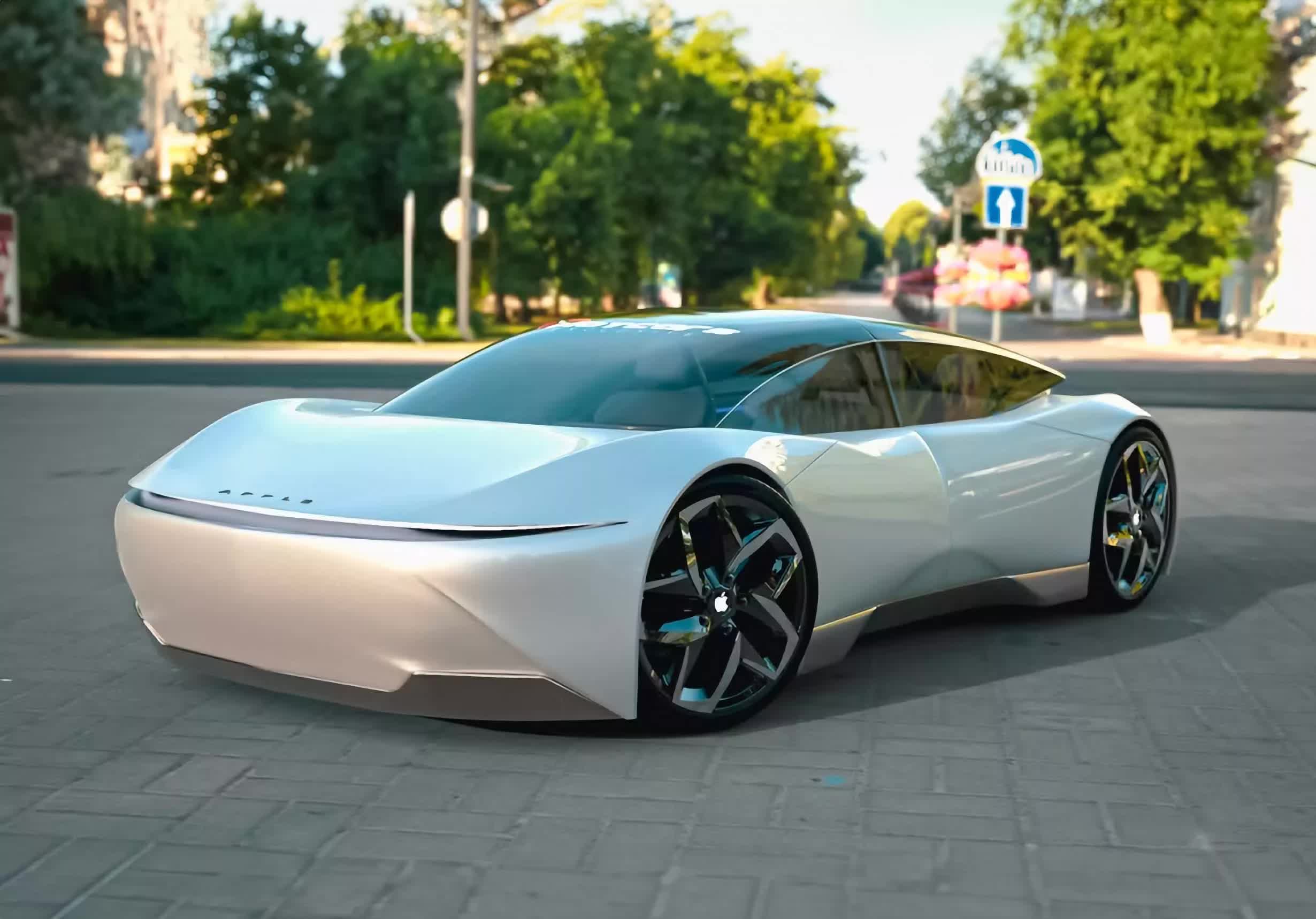In a nutshell: A new report has revealed that Apple was in a partnership with Chinese automaker BYD on a top-secret project – an advanced battery system for the ill-fated electric vehicle Cupertino was working on at the time. While the car never saw the light of day, the partnership still helped Apple as the insights benefited products like the Vision Pro headset and the Neural Engine AI chip now found commonly across its devices.
The details, which remained under wraps until now, come from people familiar with the situation who spoke to Bloomberg. According to the sources, the iPhone maker collaborated with BYD for years on lithium iron phosphate battery cells that were intended to offer significantly longer range and improved safety compared to typical EV batteries of that era.
Apple contributed cutting-edge expertise in areas like advanced battery packs and thermal management, while BYD shared its manufacturing capabilities and LFP innovations.
The technology was being custom-built for Apple's car project, codenamed Titan, which the company ultimately scrapped earlier this year after pouring around $1 billion per year into it over the previous decade. Apple and BYD remained tight-lipped about the partnership, declining to comment to Bloomberg. However, BYD stated that its "Blade battery" design originated entirely from its own engineers.

Blade, which is an LFP battery system, now powers BYD's entire vehicle lineup and is credited as a key driver behind the company's explosive EV sales growth in recent years.
The report reveals that the seeds of the collaboration were planted about a decade ago, when Apple was scouting core technologies for its car ambitions. BYD engineers gave Apple executives an early look at the Blade design, impressing them with its energy storage capabilities and safety. Apple wanted to enhance the range further through customizations.
The project was led on Apple's side by Alexander Hitzinger, who oversaw Titan product design from 2016-2019 after stints at Volkswagen and Porsche. Hitzinger worked closely with Mujeeb Ijaz, an Apple battery veteran who previously headed engineering at the ill-fated startup A123 Systems. Ijaz managed a team of around 50 battery engineers collaborating with Michael He, vice president of BYD's battery business.
Despite the collaboration lasting for years, Apple started looking into alternatives from other vendors, according to the report. The wider car initiative was eventually axed in February this year thanks to repeated delays and daunting economics, with the whole project proving to be a high-profile flop for Apple.
